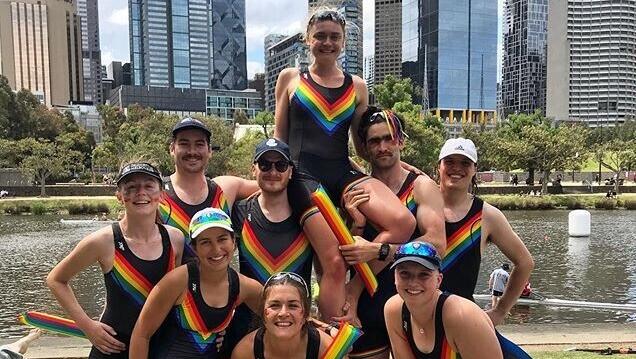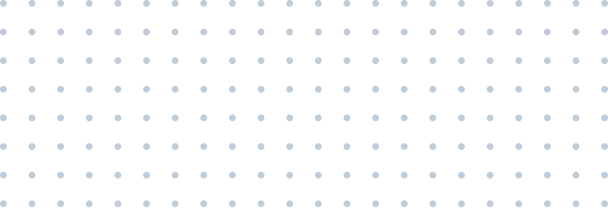Charlotte Wirtz
Rowing has been a deeply intertwined part of my life for nearly a decade. I started like most other Australian rowers in learn to row programs in High School. At first, I was anything but rowing’s biggest fan.
One friend will testify, that on numerous occasions I told her to take my permission slips and rip them up before I started another season. Yet, there was something about the sport, something drawing me forward into the early mornings and years of body breaking work. By the time I graduated high school, I was so in love with the sport my parents couldn’t keep me away from the water, practically banning me from training during those final weeks of exams. To put it simply, I had fallen in love with sculling, and the camaraderie and connection of the rowing community.
However, at the same time, I was coming to some pretty strong and quite confronting conclusions, that I was same sex attracted, a bit of a raging queer to put it lightly! I had these two key parts of my identity growing, but in 2014, when I first realized I was queer, these two identities didn’t really seem to fit. Now, you might say, “Hey! A queer woman in sport, it doesn’t get much more stereotypical!” but when I started university, I launched myself into a rowing world where there wasn’t to my knowledge an openly queer elite rower, male or female, in Australia or perhaps in the world.
At the time, I didn’t really think that much of it, I have never really needed permission to be the most authentic version of myself but in hindsight, it would have been less isolating to have seen other openly queer people in my sport or to see the sporting bodies that represent us actively support queer athletes.
Though in my rowing career, I didn’t reach the pinnacle of our sport I’ve tried to act as a role model for as many queer and questioning people as I can be. I used to ask myself what can I do to make my community a more accepting place. I’ve come to the conclusion that simply to exist as a queer person openly and be open to discussions with others can be very significant changes.
It wasn’t until last year, when Melbourne University Sport brought together a group of athletes to form the Pride Ambassador Program , that I began to meet other queer athletes. I was initially quite shocked and a little in awe of the communities that they spoke of. Sports like AFL and soccer have embraced the diversity of players, to the benefit of their sport, players and the broader community. Creating a culture where queerness is not just tolerated but celebrated is essential, for young people and older athletes alike. I like to think that if there had been more out and proud role models in my sport I would have felt less isolated in my queerness and generally have had better mental health as an athlete.


